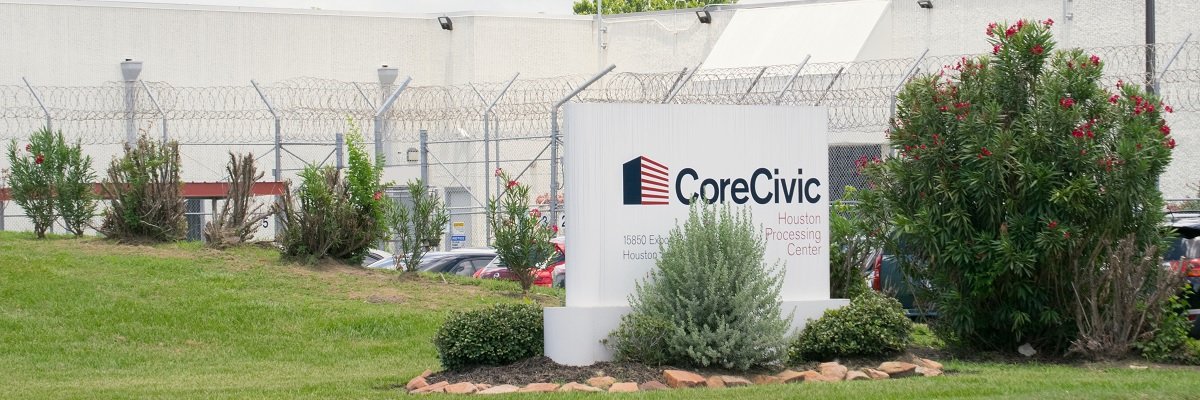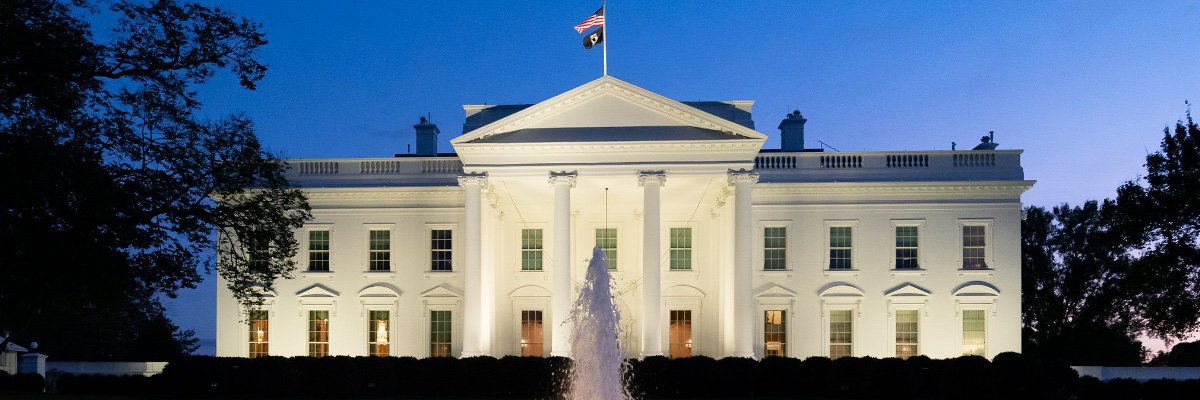The Trump administration’s zero-tolerance policies on immigration and asylum seekers have proved a boon to the private companies that do much of the actual detaining. For-profit facilities hold over two-thirds of non-citizen detainees, and the federal government’s intention to add thousands of additional beds is actively contributing to its continuation and expansion. Meanwhile, the moral concerns of money’s influence in incarceration and the lack of accountability that had politicians calling for a ban on the industry just a few years ago have lost their footing in the conversation.
There are ways, however, to insist in local elections and government that a community’s role in the industry’s growth remains limited. Here are five close-to-home ways to learn more about private prisons and contribute to the ongoing conversation.
5. Check the candidates’ contributions
During the most recent presidential election cycle, much was made of Hillary Clinton’s support from private prison companies. She then passed those donations on to a charity. This year, other Democratic candidates have sworn off the sullied dollars delivered from for-profit prisons pushing the issue as a mainstream platform point could encourage others to follow suit.
4. Look at the Lobbyists
Lobbyists from CoreCivic (formerly CCA) and GEO Group and have spent millions of dollars on lobbying politicians across the country, primarily in California and Florida and extensively on issues related to homeland security, now the main stated driver behind increased immigrant detention.
3. Decide if divestment is right for you
Multiple municipalities have moved to divest from private prison stocks, New York City being the first to do so. California’s state pension fund is also now reviewing its options for unloading its holdings in the controversial companies. By identifying unsavory investments and insisting that they be given up, towns, cities, and states can limit their unwitting involvement in for-profit incarceration.
2. Make transparency an non-negotiable
Demanding that private prisons be held to the same - or potentially higher - accountability standards as their pubic counterparts will ultimately play an important part for ensuring that the public and its purposes are being served by its corporate relationship. Currently, many materials related to the operations of private facilities gets withhold due to privacy rights afforded to companies. Continued efforts to bring equal transparency to prisons - public or private - will help create more informed prison policy decisions moving forward.
1. Send us your feedback and experiences
MuckRock is continuing its efforts to learn more about the private prison industry and bring that information to you. You can help everyone by sending us your tips, thoughts, experiences, and feedback. Use the form below to send us news stories we may have missed, insights you’ve developed, whispers of new prisons or prison news, and we’ll get back to you and incorporate what you’ve shared into our work. Want to stay updated? Let us know your email address and we’ll add you to the newsletter.
Image by Patrick Feller via Flickr and is licensed under CC BY 2.0



